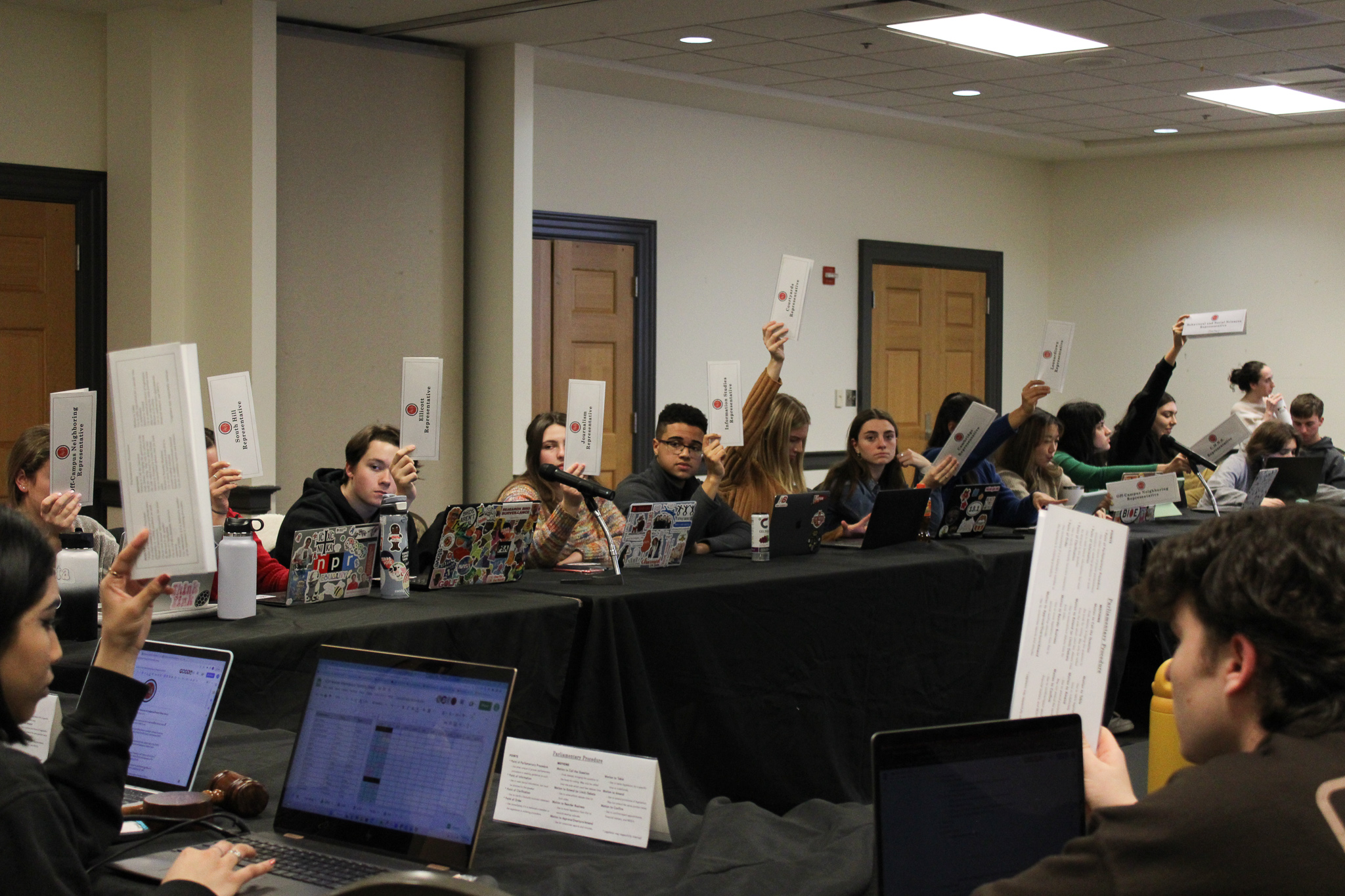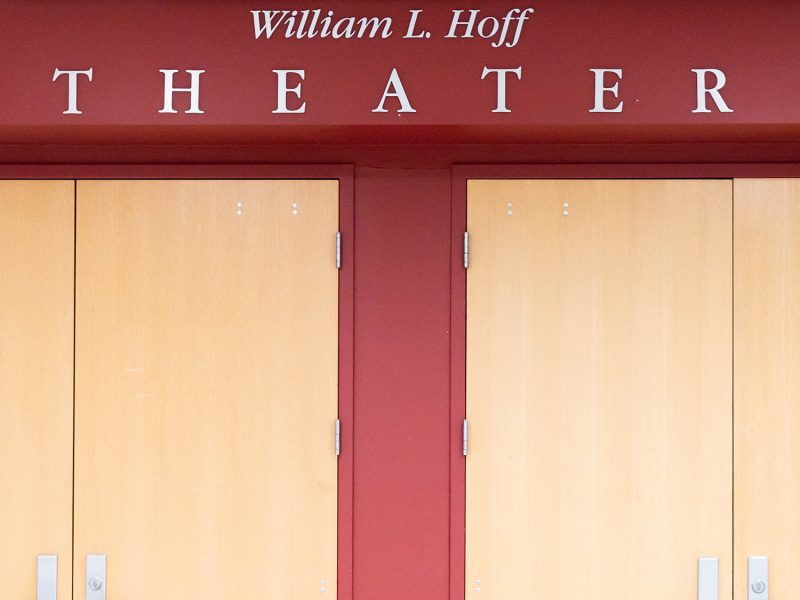Views expressed in opinion columns are the author’s own.
In case you hadn’t heard from the canvassers outside of McKeldin Library, Aspire Maryland and United Maryland are the two parties that fielded candidates in last week’s 2023 SGA elections.
The parties’ platforms, which are both available on their respective websites, are extremely comprehensive and go into depth on just about every issue within the Student Government Associations’s purview. But I was still surprised to find statements on the Boycott, Divestment, Sanctions movement posted separately as attachments on each party’s Instagram page.
The Palestinian-led BDS movement has advocated for economic and political boycotts against the state of Israel. Its supporters have protested trade, diplomacy and academic exchange with Israel. The movement is also present throughout universities in America.
Today, the debate surrounding the larger Israel-Palestine conflict includes concerns about ownership of the West Bank and Gaza Strip. The situation’s history and complexity makes it one of the most prominent issues in the world.
The SGA has a responsibility to handle multifaceted and deeply personal issues like the Israel-Palestine conflict with a sense of professionalism and dignity. At the same time, the association cannot relegate its positions to a simple blurb on Instagram. It needs to involve all students in this discussion.
I didn’t even know international policy was something the SGA could legislate, and I was initially happy to see that the parties were covering issues beyond campus. But after reading each party’s statements, I realized they read as if they were made to dispel rumors, rather than facilitate dialogue. Both statements condemn BDS, citing what they claim to be the antisemitic nature of the movement and vowing that each party will not tolerate any legislation aligned with its goals if elected.
These statements don’t handle the issue with the respect and nuance it deserves. As a Jewish student, it feels like pandering. Discussing conflicts between Israel and Palestine responsibly on campus requires research, respect and inclusion for all voices involved, and I expected the parties vying for SGA positions to exemplify this with their statements on the topic.
As another columnist wrote in November, coverage of the Israeli-Palestinian conflict on campus does not include enough Palestinian representation. This is harmful for everyone involved. It’s impossible to find common ground with people who are excluded from the conversation.
These statements didn’t accomplish what I believe the parties’ goals were. Instead of starting a productive dialogue, they stirred up conflict. Many voters have made this clear. One of the aforementioned posts is entirely rebuked by commenters who reject the party’s simultaneous championing of inclusivity and exclusion of Palestinian voices. The other post disabled comments.
To me, these statements read like they were made to condemn the parties’ opponents instead of uplifting Jewish voices. The parties should have quelled these disputes privately, but instead chose to call out their opponents. Worst of all, they alienated future constituents.
If the student body is like me, it would want to see substantive policy positions from its elected leaders that are delivered in good faith. These statements are a poor example of how the SGA should be guiding campus discourse and communicating with people it serves.
I believe in the power of student governments, where good-intentioned people can come together to make a difference for their peers. This campus’ elections can serve as a model for healthy democratic processes as nationwide elections become increasingly toxic.
We deserve honest, constructive responses from our elected leaders and the SGA can model this by providing platforms for dialogue, education for constituents and a place where all voices can be heard.
When the results of the SGA election are announced, one of these parties will face the realities of governing and proper communication with students will be even more crucial. The SGA may be limited in its legislative scope, but its ability to guide student discourse is powerful.
The winning party will probably not be announcing international economic policy positions on behalf of the university, but that doesn’t mean it should completely shy away from discussing it. Productive discourse can transform our university for the better and empower each of us to make our own impact.
Our student government has the potential to transcend its jurisdiction and exemplify democracy’s greatest promise: that any voice can, and should, be heard.
Joey Barke is a sophomore government and politics and journalism major. He can be reached at joey@terpmail.umd.edu



